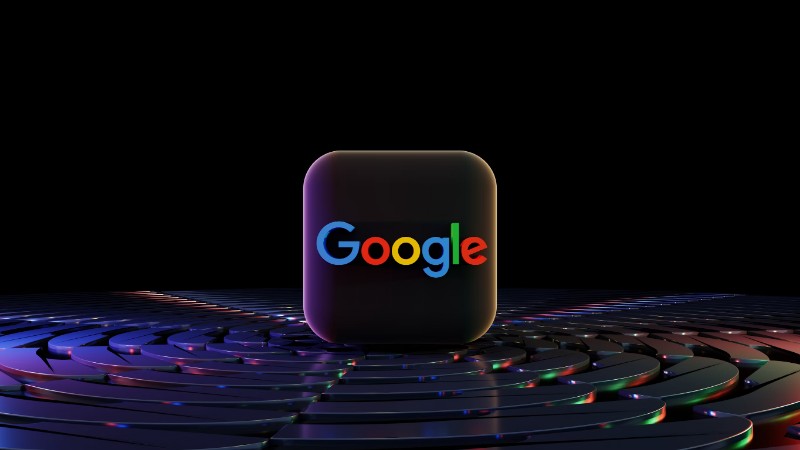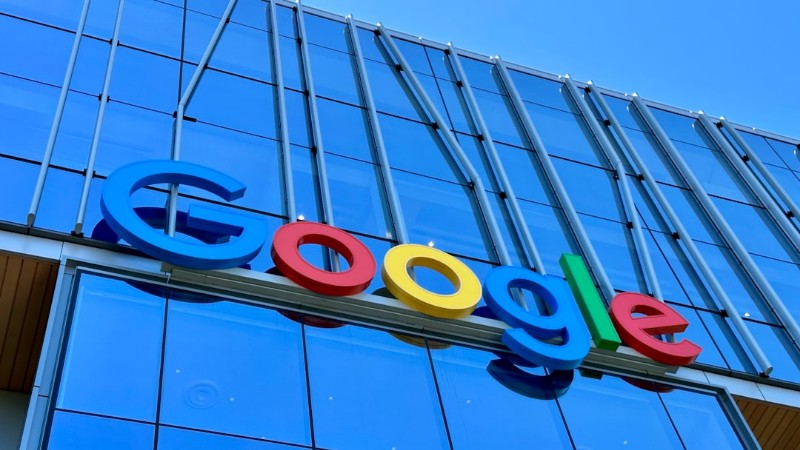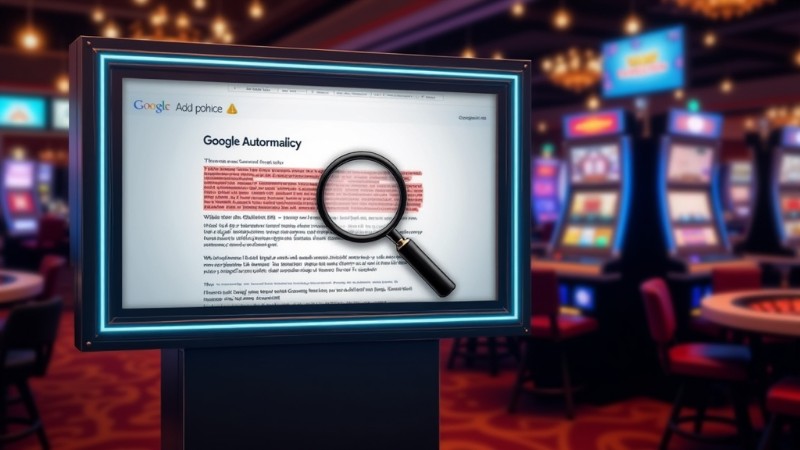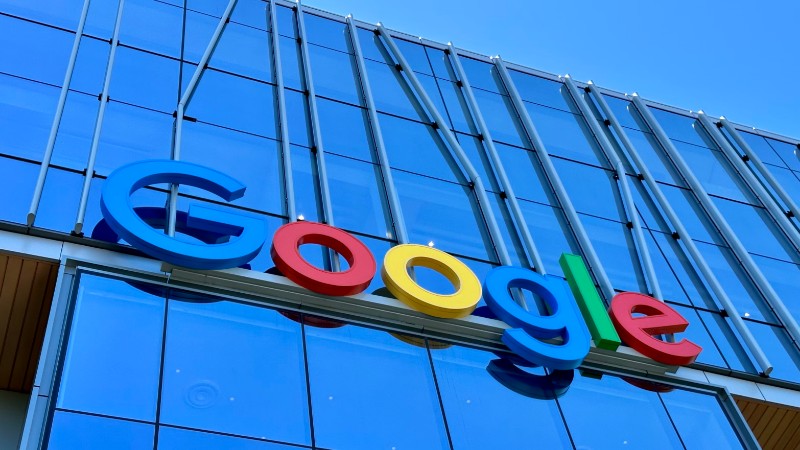Google introduces stricter rules for gambling ads on YouTube
Policy UpdatesGoogle has updated its policies for YouTube, introducing stricter requirements for gambling-related promotions. From now on, operators wishing to feature on the platform must obtain Google certification before their websites or applications can be referenced. This applies to all forms of promotion, including links, images, spoken mentions, or text within videos. Content promoting uncertified services will be removed. Ban on misleading claims The company is also targeting videos that promise guaranteed financial returns. Any suggestion that gambling can deliver assured profits will lead to immediate removal, even if the operator involved has approval. Google has underlined that such claims distort the nature of gambling and pose risks for vulnerable users. Stronger age restrictions Another central element of the update is a renewed focus on age control. Gambling-related content that complies with Community Guidelines will still be restricted for under-18 users and for viewers not logged into the platform. This approach reflects concerns across Europe and beyond, where gambling addiction is increasingly viewed as a public health issue. Exceptions for sports betting and in-person play Not all gambling categories fall under the same limits. Google confirmed that content about in-person casino visits and regulated online sports betting remains permitted. The company highlighted that this distinction mirrors legal frameworks in several jurisdictions, where sports betting enjoys broader acceptance than online casino play. This balance is especially relevant in markets where PPC gambling and PPC casino advertising are already subject to strict controls. Policy aims and industry impact The update reflects Google’s effort to align its platforms with international gambling laws and advertising standards. By narrowing access to gambling content, YouTube is responding to regulatory expectations and the social debate surrounding betting practices. For operators, the message is clear: compliance is now more closely monitored, and promotions that once bypassed scrutiny will face removal. For viewers, particularly younger audiences, the policy signals a firmer barrier against exposure to gambling promotions.








